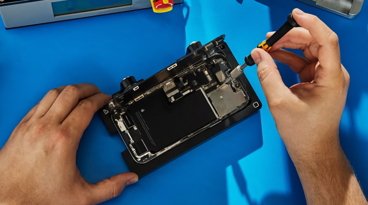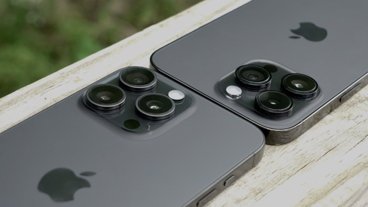Microsoft details how to port programs from Apple's App Store
Speaking at the Microsoft Financial Analyst Meeting last week, Robbie Bach, the company's president of Entertainment & Devices Division, told investors that the browser in Windows Mobile 6.5 will offer users more Web sites than the iPhone's Safari.
"So, in 6.5, let's just pick an example, you'll see our browsing experience get dramatically better," Bach said. "So, you will have a very rich browsing experience on 6.5 devices that will give you access to more Web sites than you will be able to get to on an iPhone, that will work actively and work well. It really is a much better experience. We will have to continue to enhance that because the browser world is advancing very quickly. But, that's an experience people expect to work and that's just one example of many experiences that we're building to expand in that area, so choice in selection, great end-to-end experiences."
Microsoft is pushing Windows Mobile 6.5 hard as the company attempts to regain market share in the smartphone market. Since the introduction of the iPhone, the Windows Mobile platform has lost a considerable amount of steam.
In an effort to siphon off some of the success of Apple's App Store, Microsoft is attempting to help developers port their applications from the iPhone to Windows Mobile. Microsoft intends to have an App Store-like offering in Windows Mobile 6.5
The new document provides a case study on the iPhone application Amplitude, and how it was ported to Windows Mobile 6.5. The App Store offering from Gripwire.com aims to turn an iPhone or iPod touch into a sound amplifier. It was developed by Luke Thompson, a member of the company's development team.
"Based on his experience, it offers technical depth, code samples, useful links, observations, and tips to help accelerate porting projects," the Microsoft Developer Network document reads. "It is intended for developers who have written applications for the iPhone using the Objective-C language and would like to port their applications to Windows phones."
The application was ported to the HTC Touch Pro, which does not require the use of an external microphone, allowing the application to run properly. The hardware includes 288 MB RAM, 512 MB ROM, and a resistive 480x640 pixel touch screen. Thomson used the C# programming language to port Amplitude.
“What I’m finding is that it’s harder to mess up with C# than in Objective-C, which is used for iPhone application development," Thompson told Microsoft. "This makes any extra effort needed to customize the classes I want worthwhile."
Microsoft said porting programs from the iPhone's Objective-C to C# is relatively painless, because both are Java-like languages. The technical document concludes that iPhone developers can increase their revenue by offering their software to millions of Windows Mobile users.
"The large development community, both within Microsoft and outside, and the various whitepapers, blogs, virtual labs, websites, and other online documentation, offered a wealth of information that provided direction and greatly facilitated problem resolution," the document reads. "The only real challenge was assuring total portability between screens, and that was assured by utilizing the concept of aspect ratios. Now that Amplitude has been ported, Gripwire has an application that runs on a wide variety of devices that run the Windows Mobile 6.5 operating system and can reach a larger number of users."
 Katie Marsal
Katie Marsal










 Marko Zivkovic
Marko Zivkovic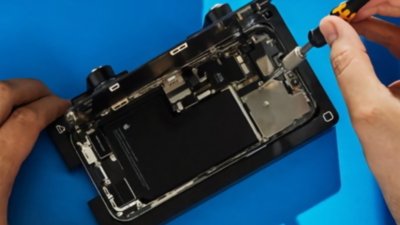
 William Gallagher
William Gallagher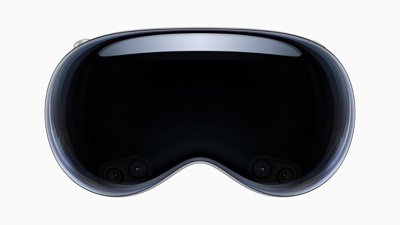
 Andrew Orr
Andrew Orr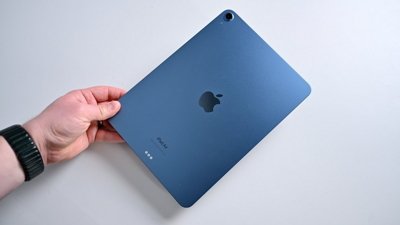
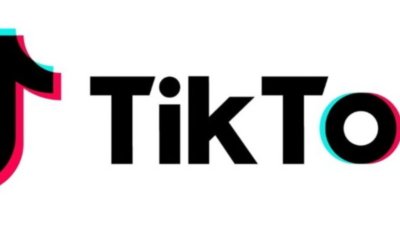


 Amber Neely
Amber Neely
 Christine McKee
Christine McKee